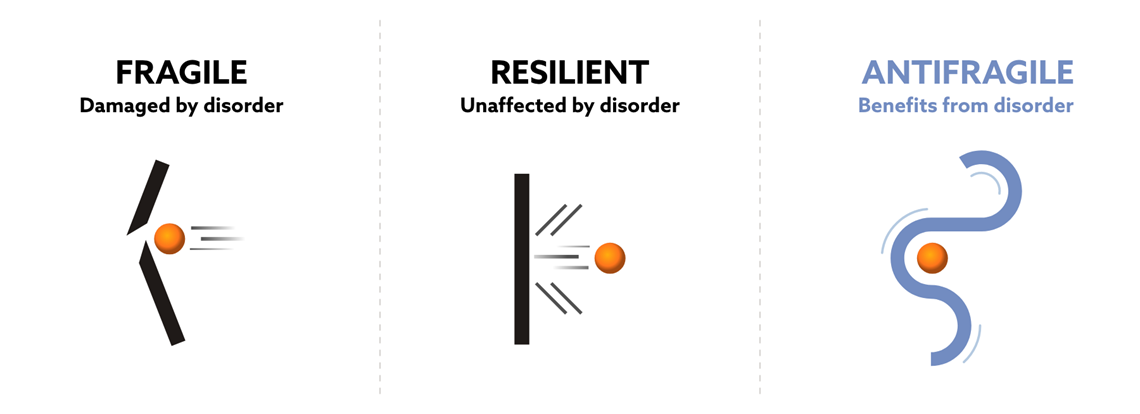As the world faces the imperative need for a green transition, business leaders and governments grapple with the pressing requirement for green skills. These competencies are essential for adapting to new regulations and market expectations and propelling businesses toward sustainable growth. However, despite widespread recognition of their importance, efforts to embed these skills into the workforce remain insufficient. The urgency for green skills is underscored by the responses from a global survey of business leaders, with 80% agreeing on their significance, yet only 55% actively implementing or planning programs to foster them.
What Are Green Skills?
Green skills encompass the knowledge, abilities, values, and attitudes needed to support a sustainable and resource-efficient society. These skills fall into different categories, including sector-specific green skills related to using green technologies in specialized fields; cross-sectoral green skills, which involve environmentally conscious processes applicable across industries; and soft skills, which are vital for excelling in green jobs and transitioning business models effectively. These soft skills are most critical: problem-solving, innovation, and environmental awareness.
The Three Most Important Skills for a Green Future
1. Problem Solving
Problem-solving is one of the green skills necessary for sustainable growth. This skill involves identifying, analysing, and finding effective solutions to complex issues, particularly those related to environmental challenges. In the context of green jobs, problem-solving extends beyond the technical resolution of the immediate problems; it encompasses a mindset that anticipates potential barriers to sustainable practices and devises proactive solutions.
Why is problem-solving essential? The path to sustainability is fraught with intricate challenges, such as balancing economic growth with environmental conservation and managing resource scarcity. For example, problem-solving skills are indispensable in developing strategies for waste management, enhancing energy efficiency, or innovating supply chain processes that minimize carbon footprints. Businesses that cultivate problem-solving capabilities within their teams position themselves to navigate unforeseen obstacles in their green initiatives.
2. Innovation
Innovation is the catalyst that drives progress in sustainable practices and solutions. It involves developing and applying new ideas, processes, or technologies that promote environmental sustainability. As industries transition to greener operations, the role of innovation in developing alternative energy sources, eco-friendly products, and sustainable business models becomes paramount.
The role of innovation in green skills extends to fostering a culture of continuous improvement where employees are encouraged to think creatively and challenge the status quo. For instance, companies that invest in innovative research and development are better equipped to discover breakthrough technologies such as carbon capture, renewable energy storage, and sustainable materials. Importantly, fostering innovation also aids in the reinvention of traditional business models, ensuring they align with environmental goals.
3. Environmental Awareness
Lastly, environmental awareness is a fundamental skill that underpins all green initiatives. It involves understanding how actions and decisions impact the environment and being mindful of sustainability principles in daily work. This skill enables individuals to make informed choices prioritising ecological balance, from minimizing resource consumption to supporting circular economy practices.
Why is environmental awareness critical? Without a deep understanding of ecological impacts, efforts to drive sustainability can be ineffective or counterproductive. Employees with strong environmental awareness can identify ways to reduce their ecological footprint, advocate for greener policies within their organizations, and support adopting practices that contribute to long-term sustainability. This awareness also empowers businesses to align more closely with regulatory standards and consumer expectations, which increasingly demand environmentally responsible operations.
The Current Gaps in Green Skill Implementation
Despite the clear importance of these skills, a significant gap exists between recognition and action. Only about half of businesses surveyed have committed to implementing green skill programs, leaving a substantial portion of the workforce unprepared for the realities of a greener economy. This lack of commitment hampers the overall transition and threatens the competitiveness of businesses that fail to adapt.
One reason for this gap is the complex nature of integrating green skills into workforce training. Companies must navigate the challenges of balancing immediate business needs with long-term sustainability goals. Conversely, governments may face bureaucratic hurdles in prioritizing the development of green skills education across different sectors.
The Way Forward: Joint Efforts for Green Skill Integration
Private enterprises and governments must take a more proactive approach to accelerate the green transition. For businesses, this means embedding green skills training into their strategic goals, creating continuous employee learning opportunities, and fostering a culture where innovation and problem-solving thrive. Governments, meanwhile, must incentivize green skill development through educational reforms, funding programs, and policy support.
As industries and economies pivot towards sustainability, those equipped with strong problem-solving, innovation, and environmental awareness will lead and thrive in the new green paradigm. The pathway to a sustainable future is built on the collective adoption and nurturing of these pivotal green skills.



